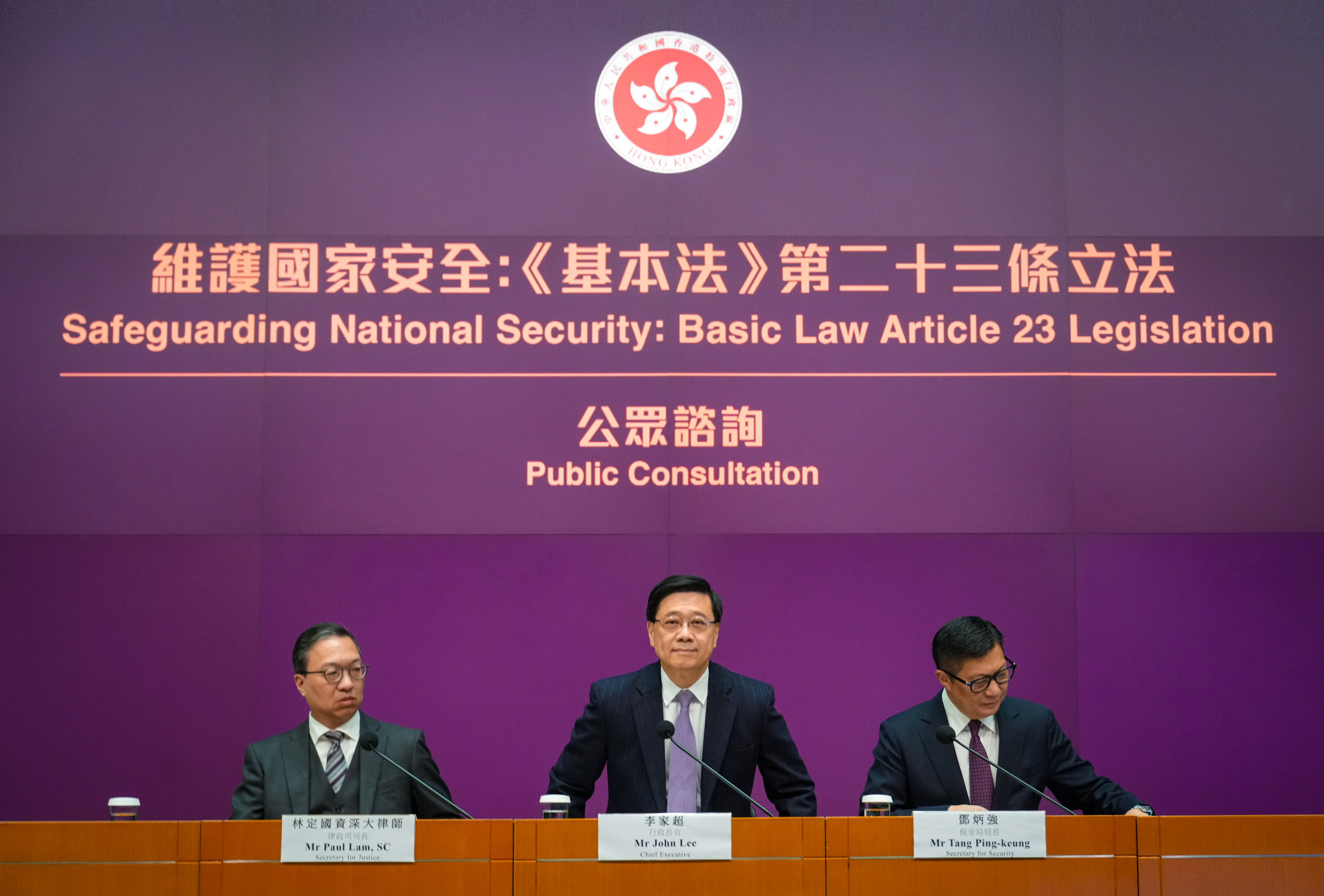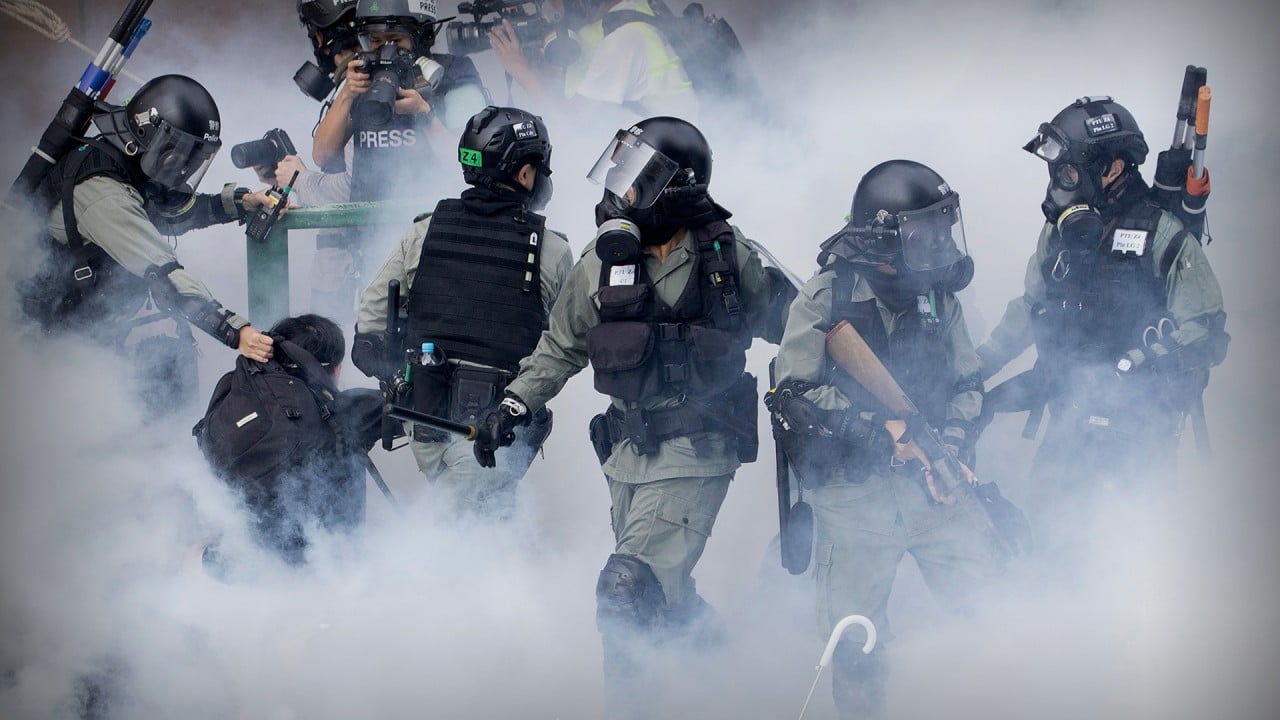Should people be worried? Not unless one is predisposed to distrust and fear anything to do with China.

For example, mounting concern in Britain about hostile state threats led to the enactment of the National Security Act in July 2023. The new law updates legislation on the protection of official secrets and espionage, and introduced new offences of sabotage and foreign interference.
‘The most powerful law’ in Singapore: Foreign Interference bill sparks concern
‘The most powerful law’ in Singapore: Foreign Interference bill sparks concern
In 2003, Hong Kong’s national security bill was launched against a background of relative calm, despite much discontent with the sharp economic downturn and apparent mishandling of the severe acute respiratory syndrome crisis. National security threats had yet to rear their ugly head. It was inconceivable that Hong Kong could be the target of a hostile state threat or secessionist or subversive activity.
For ordinary people, threats to personal safety and physical property became real, while the government struggled to keep order. The seat of government could well have been stormed – I believe the rioters were held back only by a subliminal fear that the People’s Liberation Army would be unleashed.
Twenty-one years after the first attempt, and more than halfway into the promise of no change to Hong Kong’s way of life for 50 years, as stated in the Basic Law, Hong Kong cannot afford another failure to pull off this long-outstanding constitutional and political mission. Another debacle would shatter the local government’s credibility.

The consultation document also points out upfront that many jurisdictions, including the US, UK, Canada, Australia and Singapore, all have comprehensive legislation to safeguard national security. A list of such statutes is annexed to the consultation document for public information.
How Hong Kong plans to amend laws, create new offences for Article 23 legislation
How Hong Kong plans to amend laws, create new offences for Article 23 legislation
While proposing the legal changes to update the offences covered and strengthen enforcement measures, the government stops short of introducing a foreign influence registration scheme or similar arrangements, as the UK has done. An integrated concept of national security is adopted, but the government has also exercised restraint and balance.
In view of the complexity and sensitivity of issues relating to national security, many concerns will be raised, and much explanation will be needed in the coming months. The government must avoid previous blunders, and keep both content and presentation precise and reassuring to ensure success.
Regina Ip Lau Suk-yee is convenor of the Executive Council, a lawmaker and chairwoman of the New People’s Party


